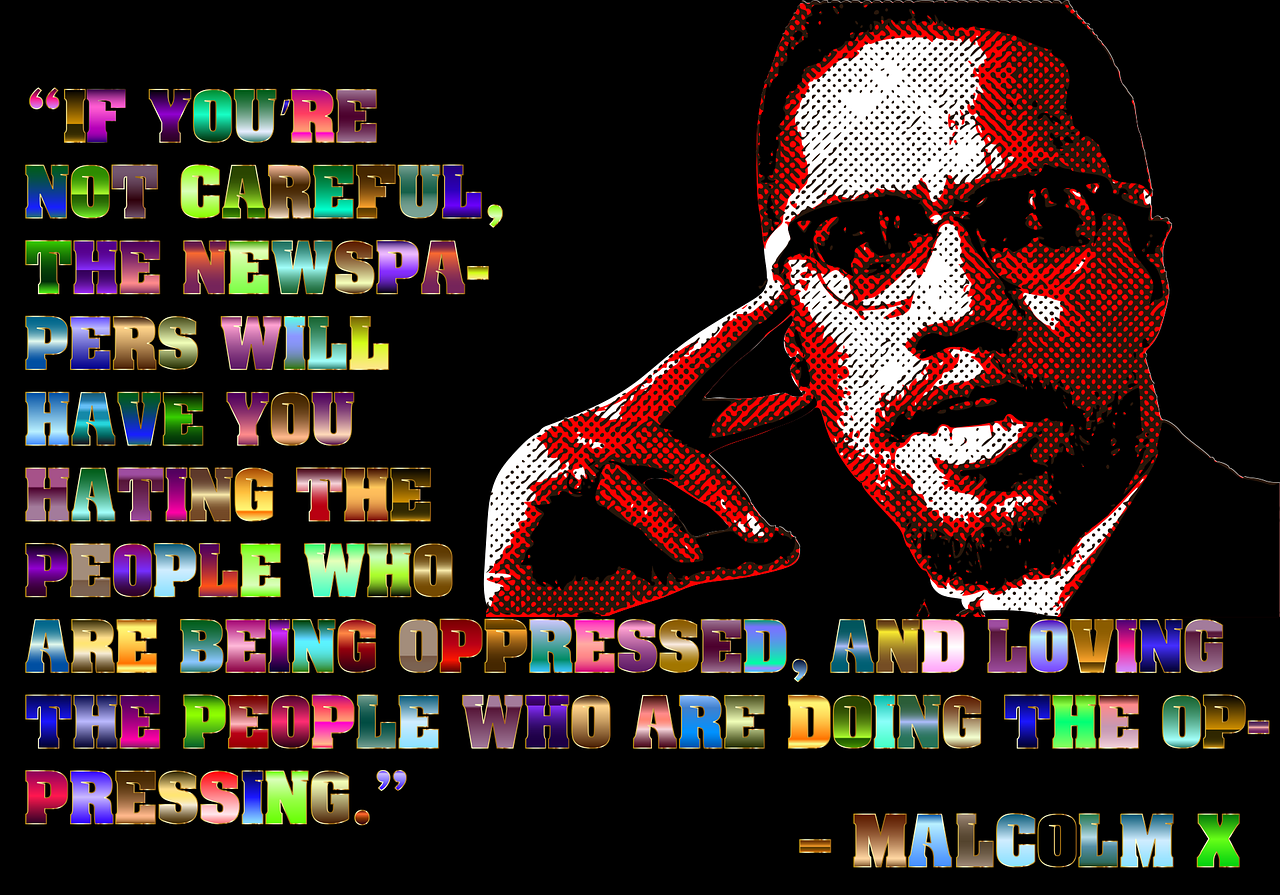In today’s digital age, where information is readily available at our fingertips, the importance of truth in advertising cannot be overstated. Businesses strive to capture the attention of potential customers, and in doing so, may sometimes resort to misleading tactics or false claims. As a business owner, it is crucial to understand the legal implications surrounding advertising practices to avoid legal troubles that could potentially damage your reputation and financial stability. This article will provide a comprehensive overview of truth in advertising, shedding light on the laws and regulations that govern this area and equipping you with the knowledge needed to make informed decisions in your advertising strategies. Call our experienced lawyer for a consultation to ensure your advertising efforts are compliant and effective.
Truth in Advertising
In the competitive world of business, advertising plays a vital role in attracting customers and promoting products and services. However, it is important for companies to uphold the principles of truth in advertising to ensure transparency and maintain the trust of consumers. This article will delve into the concept of truth in advertising, its significance, the legal aspects surrounding it, common violations, penalties for false advertising, and ways to protect your business from false advertising claims.
What is truth in advertising?
Truth in advertising refers to the practice of presenting accurate and honest information in promotional materials to consumers. It involves avoiding misleading statements, deceptive practices, and false representations about a product or service. Advertisements must provide clear and truthful information, allowing consumers to make informed decisions based on accurate representations of the product or service being marketed.
Why is truth in advertising important?
Maintaining truth in advertising is crucial for several reasons. Firstly, it fosters trust between businesses and consumers. By providing accurate information, businesses build credibility and establish a positive reputation. This leads to increased consumer confidence, which can result in higher customer loyalty and repeat business.
Secondly, truth in advertising ensures fair competition in the marketplace. When all businesses adhere to the principles of honesty and accuracy in their advertisements, consumers can compare products or services on an equal footing. This promotes a level playing field and encourages healthy competition, benefiting both businesses and consumers.
Lastly, truth in advertising protects consumers from potential harm or financial loss. Misleading advertising can mislead consumers into purchasing products or services that fail to meet their expectations or may even be harmful. Adhering to truth in advertising principles helps prevent such scenarios and safeguards consumer interests.

Legal aspects of truth in advertising
Truth in advertising is not just an ethical obligation but also a legal requirement. Various legislations and regulations are in place to prohibit deceptive practices and false representations in advertising. In the United States, the Federal Trade Commission (FTC) is the primary regulatory body responsible for enforcing truth in advertising laws.
The FTC Act, which prohibits unfair or deceptive acts or practices affecting commerce, serves as the foundational legislation for truth in advertising in the US. It empowers the FTC to regulate and take action against false or misleading claims in advertisements, including those related to product efficacy, pricing, and endorsements.
Additionally, state governments have their own set of laws and regulations governing truth in advertising. It is crucial for businesses to familiarize themselves with both federal and state laws to ensure compliance and avoid legal consequences.
Enforcement of truth in advertising laws
The enforcement of truth in advertising laws primarily rests upon the shoulders of the FTC. The FTC investigates complaints, monitors industry practices, and takes legal action against businesses engaged in deceptive advertising.
When the FTC finds a violation of truth in advertising laws, it can bring an enforcement action against the offending business. This may result in various penalties, including cease-and-desist orders, fines, consumer redress, corrective advertising, and in severe cases, injunctions or criminal charges.
Additionally, consumers and competitors can also take legal action against businesses for false advertising. This often involves filing lawsuits to seek compensation for damages incurred due to deceptive advertising practices. Therefore, it is essential for businesses to ensure the accuracy and truthfulness of their advertisements to avoid potentially costly legal battles.
Common violations of truth in advertising
Despite the regulations in place, violations of truth in advertising laws still occur. Some common violations include false claims about product efficacy, misleading pricing practices, deceptive endorsements, hidden fees or conditions, and bait-and-switch tactics.
False claims about product efficacy often involve exaggerating or misrepresenting the benefits or performance of a product. This can mislead consumers into purchasing a product that does not deliver as promised.
Misleading pricing practices include false discounts or inflated original prices to create a false sense of value for consumers. Deceptive endorsements involve misrepresenting the affiliation or endorsement of a celebrity or expert to promote a product, misleading consumers into believing it is endorsed by someone credible.
Bait-and-switch tactics occur when a business advertises a low-priced item to attract customers but then tries to sell them a higher-priced alternative, often claiming the originally advertised product is out of stock or of poor quality. These tactics deceive consumers and undermine the principles of truth in advertising.
Penalties for false advertising
The penalties for false advertising can have significant financial and reputational consequences for businesses. The FTC has the authority to impose civil penalties, which can amount to thousands or even millions of dollars, depending on the severity of the violation.
In addition to monetary penalties, businesses may also be required to issue corrective advertising, which involves running additional advertisements to rectify the misleading claims made in the original advertisement. This can further strain a company’s resources and reputation.
Moreover, false advertising can lead to a loss of consumer trust and loyalty, damaging a business’s brand image and resulting in long-term negative impacts on sales and revenue. Therefore, it is essential for businesses to prioritize truth in advertising to avoid these penalties and maintain a strong market presence.

Protecting your business from false advertising claims
To protect your business from false advertising claims, it is crucial to ensure that all marketing materials and advertisements are accurate, truthful, and comply with applicable laws and regulations. Here are some steps you can take:
-
Verification: Ensure that all claims made in advertisements are supported by evidence. Conduct thorough product testing, collect data, or consult experts to ensure the veracity of any claims made.
-
Clear and conspicuous disclosures: Disclose any material information that may impact a consumer’s decision-making process. Ensure that disclosures are clearly visible, easy to understand, and not hidden or obscure.
-
Compliance with industry standards: Familiarize yourself with industry-specific regulations and standards to ensure that your advertising practices align with legal requirements and community guidelines.
-
Review and revise: Regularly review and revise your advertising materials to ensure accuracy and compliance with changing laws and regulations.
-
Train your staff: Educate your employees on truth in advertising principles and the legal requirements to ensure a company-wide commitment to transparency and honesty.
Hiring a lawyer for truth in advertising matters
Navigating the complex landscape of truth in advertising can be challenging for businesses. Hiring an experienced lawyer who specializes in advertising law can provide you with the necessary guidance and legal representation to ensure compliance and protect your business from potential legal issues.
An advertising lawyer can help review and draft advertising materials, advise on compliance matters, conduct training sessions for employees, and represent your interests in legal disputes. Their expertise in this area of law can help safeguard your company’s reputation and minimize the risk of facing penalties or litigation.

FAQs about truth in advertising
Q: Can I use puffery in my advertisements without it being considered false advertising?
A: Puffery refers to exaggerated or subjective statements that are unlikely to be taken literally by consumers. While puffery is generally considered allowable, care must be taken to ensure that it does not cross the line into making false or misleading claims.
Q: How can I determine whether my advertising claims are supported by enough evidence?
A: To ensure the substantiation of your advertising claims, it is advisable to seek expert assistance or conduct reliable and comprehensive testing or research. This will help you gather sufficient evidence to support the claims you make in your advertisements.
Q: Can I be held liable for false advertising if I did not have direct knowledge of the misleading claims made by my marketing team?
A: As a business owner, you can still be held accountable for false advertising, even if you were unaware of the specific claims made by your marketing team. It is crucial to exercise due diligence and have systems in place to ensure that all advertisements are accurate and in compliance with the law.
Q: What should I do if I believe a competitor is engaging in false advertising?
A: If you suspect that a competitor is involved in false advertising, it is advisable to gather evidence and consult with an advertising lawyer. They can guide you on the appropriate steps to take, which may include notifying the FTC or pursuing legal action against the competitor.
Q: Are there any exemptions for specific types of businesses or industries when it comes to truth in advertising?
A: While some industries or types of businesses may have specific regulations or guidelines, truth in advertising standards generally apply to all businesses. It is essential to consult with an advertising lawyer to understand the specific requirements and regulations applicable to your industry.
Conclusion
Truth in advertising is a fundamental principle that helps businesses build trust, ensures fair competition, and protects consumers from potential harm. Compliance with truth in advertising laws is not only an ethical obligation but also a legal requirement. By prioritizing truthful and accurate marketing practices and seeking legal guidance when needed, businesses can establish a positive reputation, avoid legal consequences, and attract loyal customers in a competitive marketplace.
